
By partnering with social enterprises, businesses can accelerate growth and ensure their operations include a positive humanitarian and environmental impact

Traditionally, the top and bottom lines of a business are its most important metrics. But companies need to start treating their “green line” – the measurement of their environmental efforts – with just as much importance
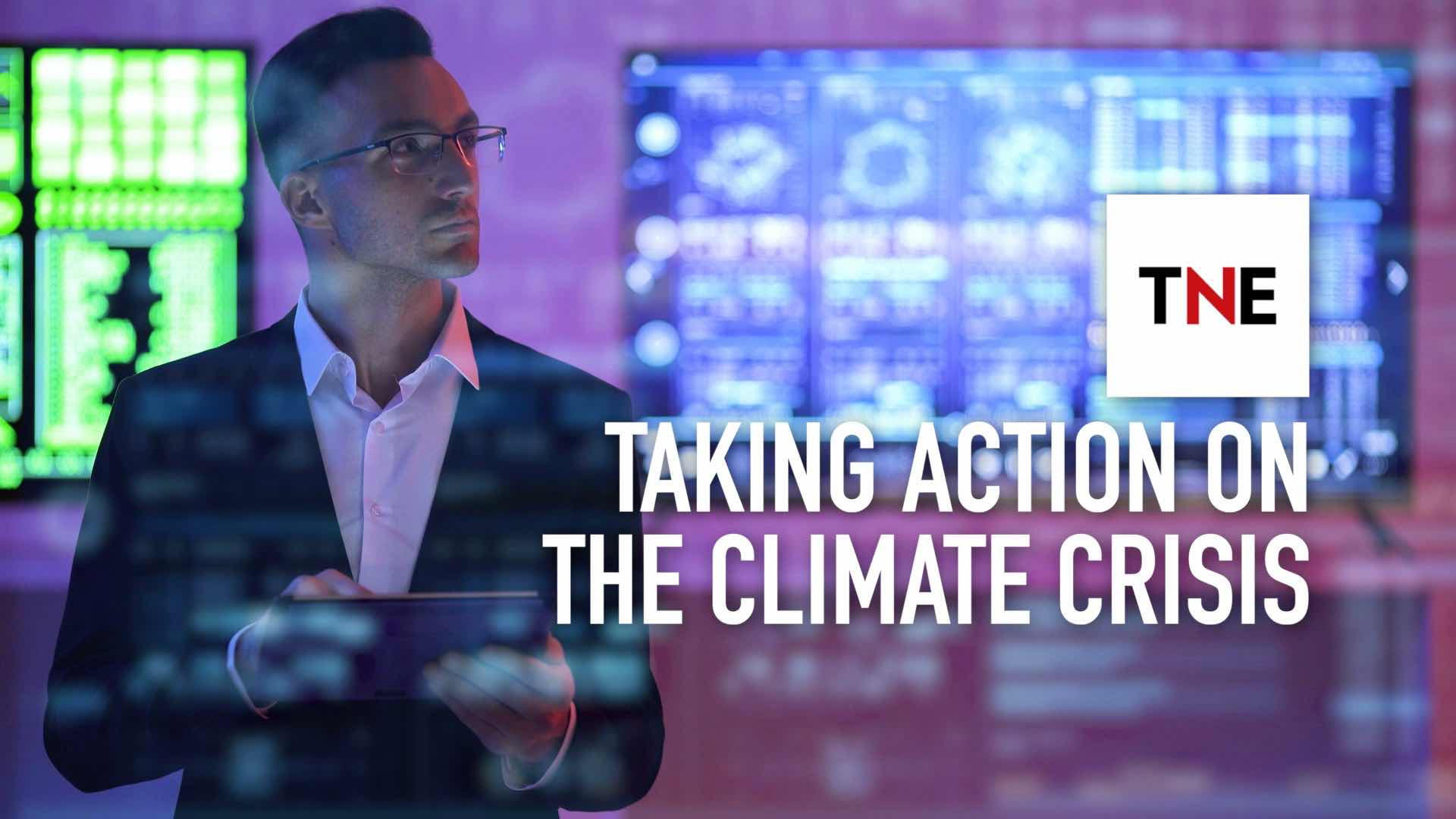
SAP’s Daniel Schmid explains how businesses can better understand their carbon footprints in order to make the key changes needed to slow the rate of climate change
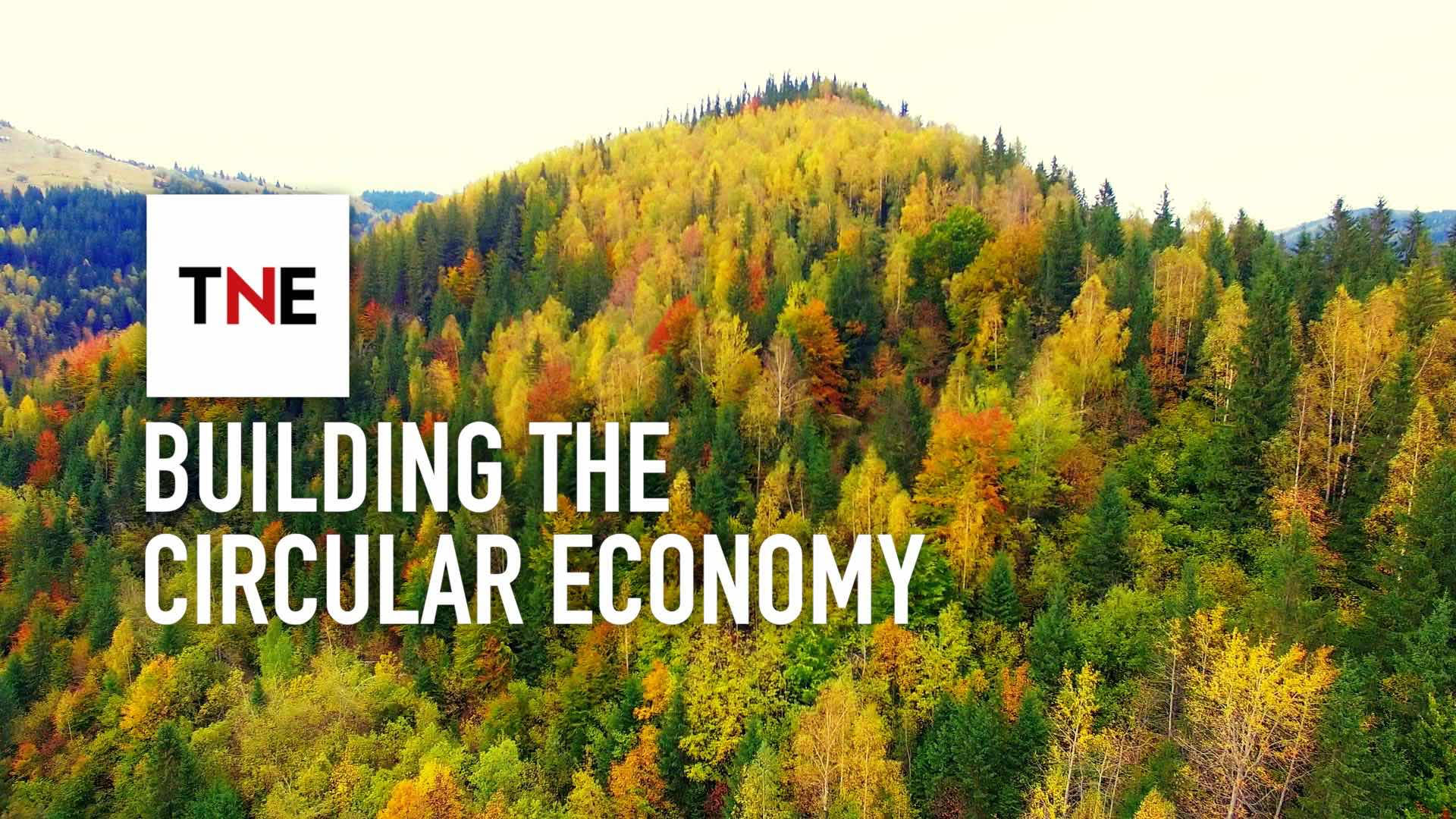
Shifting to a circular economic model has the potential to unlock $4.5trn in economic growth, says SAP’s Maggie Buggie

The circular economy could unlock $4.5trn in economic growth. To capture this growth, transparency and collaboration within business are crucial
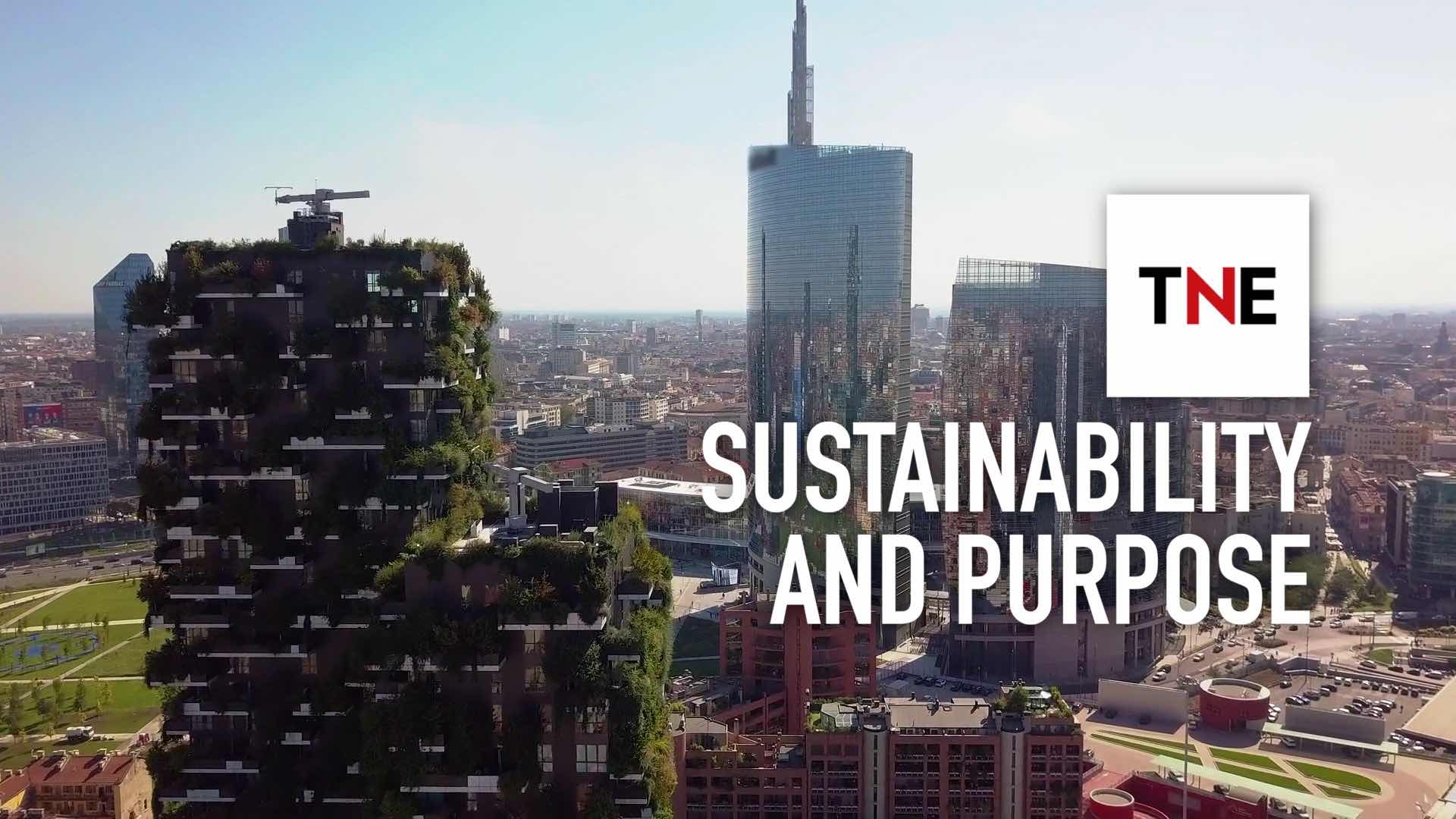
Today’s businesses must demonstrate how they contribute to helping the world run better, says SAP’s Thomas Saueressig

The coronavirus crisis has exposed the many social and economic issues that the world urgently needs to address. Businesses must embrace sustainability and purpose if they’re to help tackle these problems

Getting the shipping industry to reduce its environmental impact presents a huge challenge. Fortunately, a number of collaborative initiatives have been launched in the hope of creating a greener future

Plastic is one of the world’s most useful materials, but at present, it is being grossly mismanaged. By closing the plastics loop, manufacturers can ensure the resource is responsibly recycled and reused

With the rise of technological innovation, secularism and environmental awareness, the funeral industry is changing – and entrepreneurs are starting to take notice
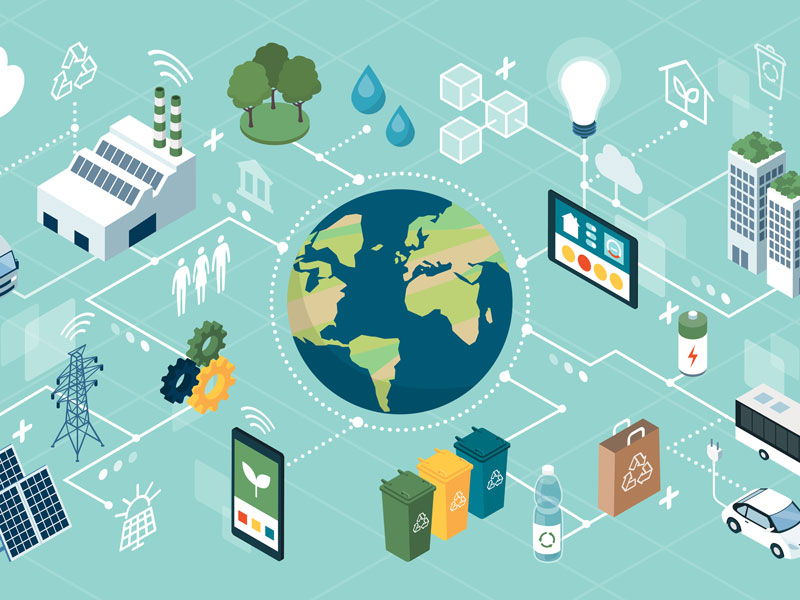
Technology advances so rapidly that it can be difficult for businesses to know how to move forward. SAP explains how enterprise software can help provide clarity while delivering sustainability benefits
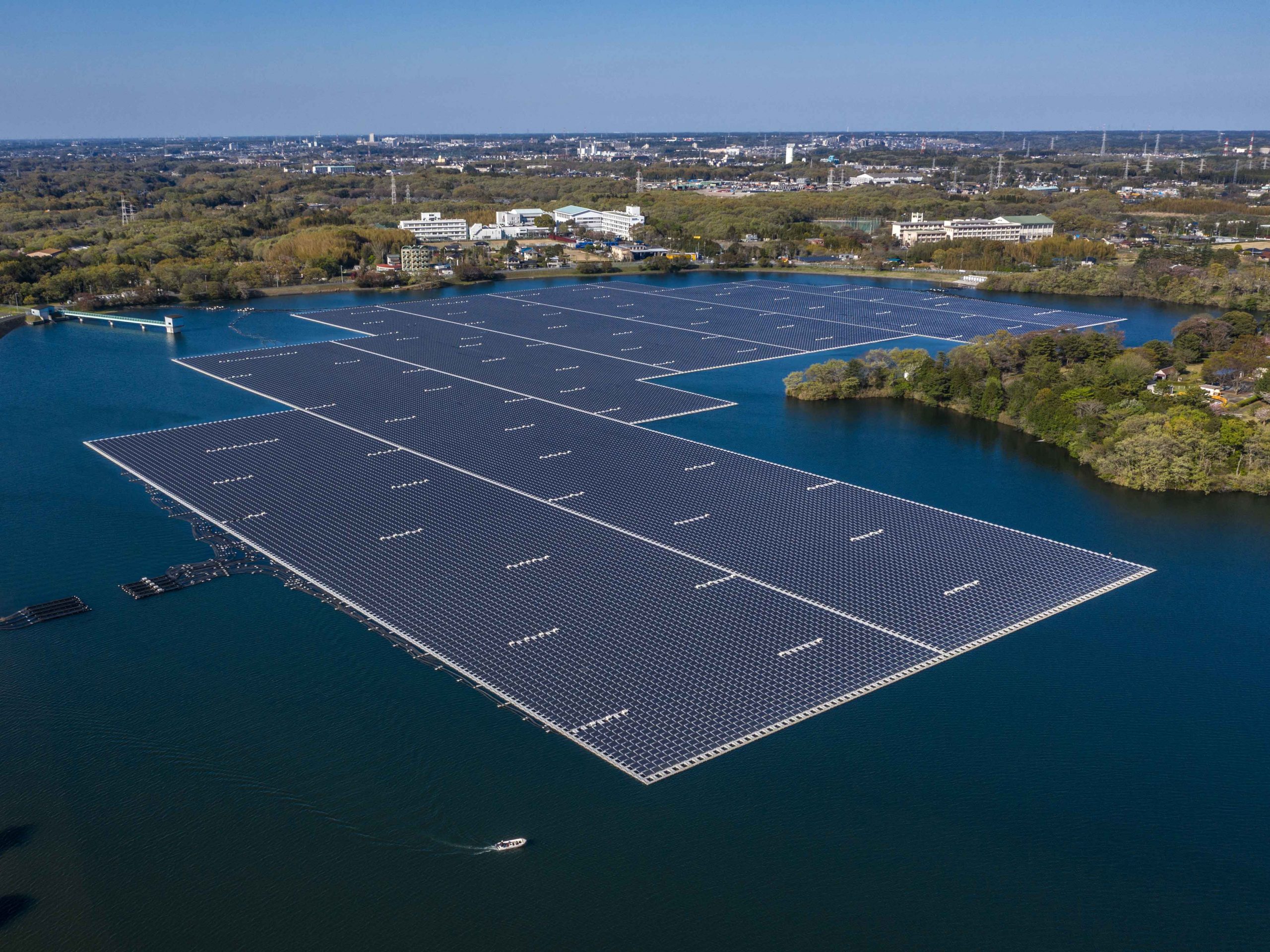
The island of Nurai in Abu Dhabi has recently installed a floating solar power plant that is set to have a capacity of 80 kilowatts